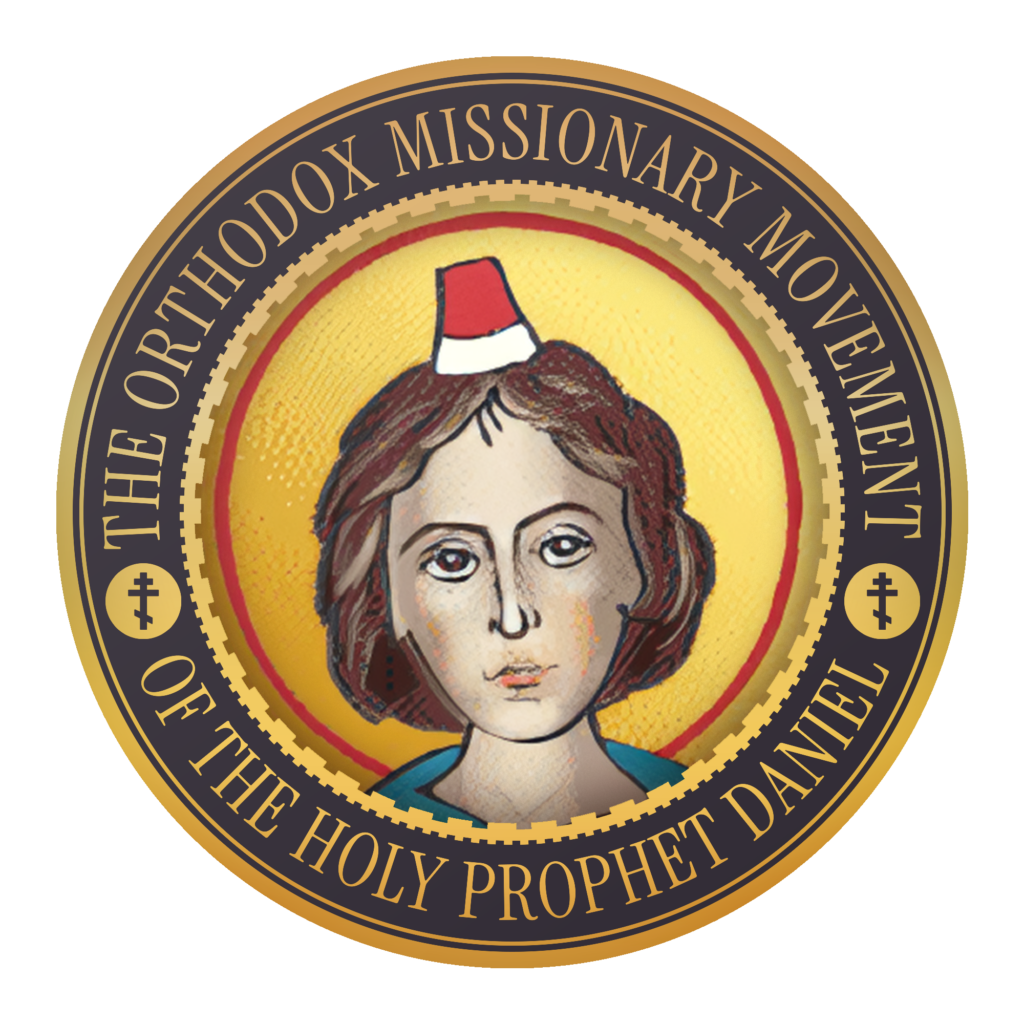Orthomission – North American Chapter
The North American chapter of Orthomission organizes local, international, and online evangelistic efforts to proclaim the Gospel of repentance and the Orthodox faith to the unreached, the unchurched, and those led astray by sects. We work together as a community to plan, volunteer, support, and fund these missionary endeavors.
Father Ambrose Sitalo
Acting Chairman, Orthomission North America
Contact us:
European Branch
